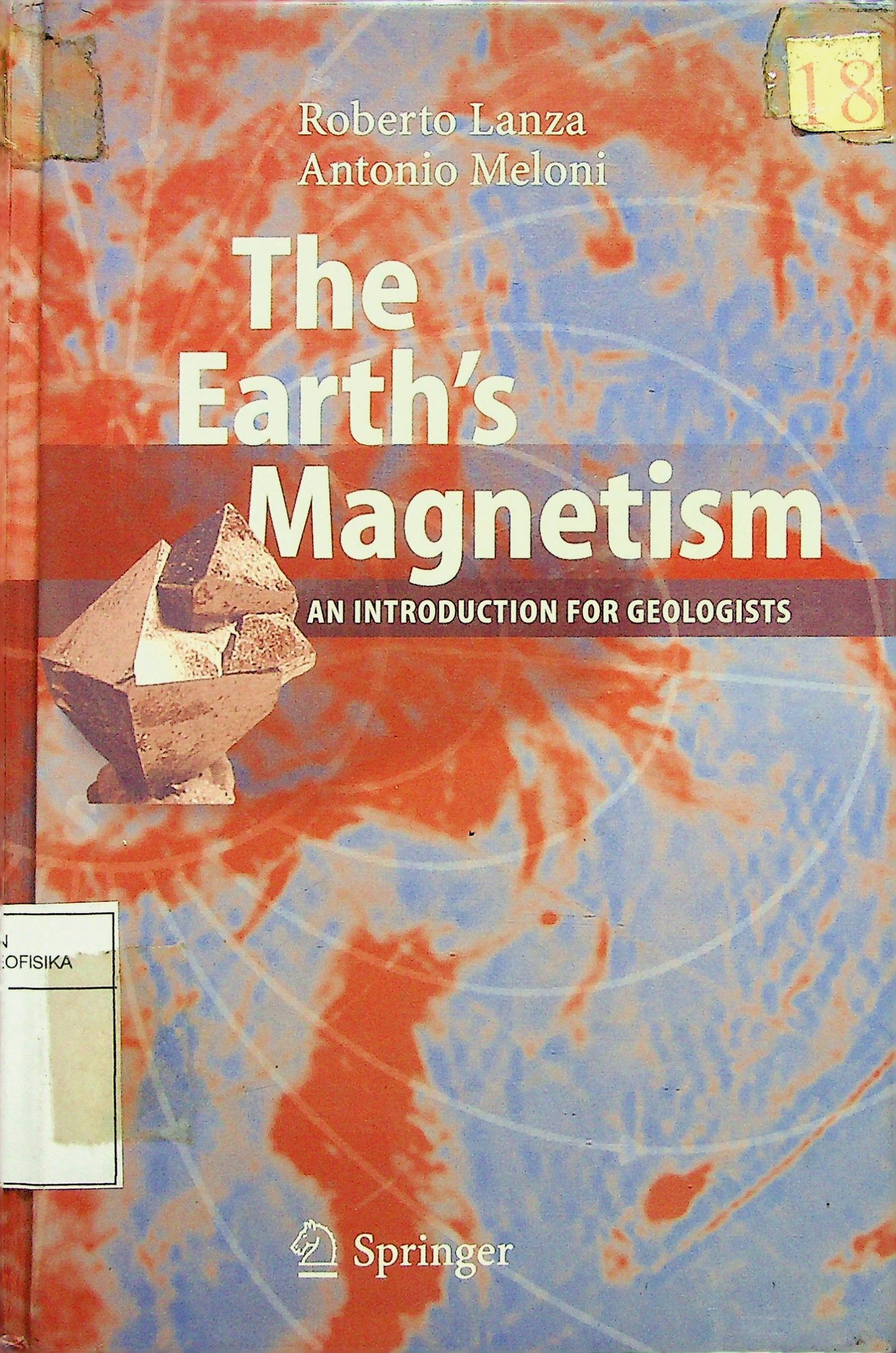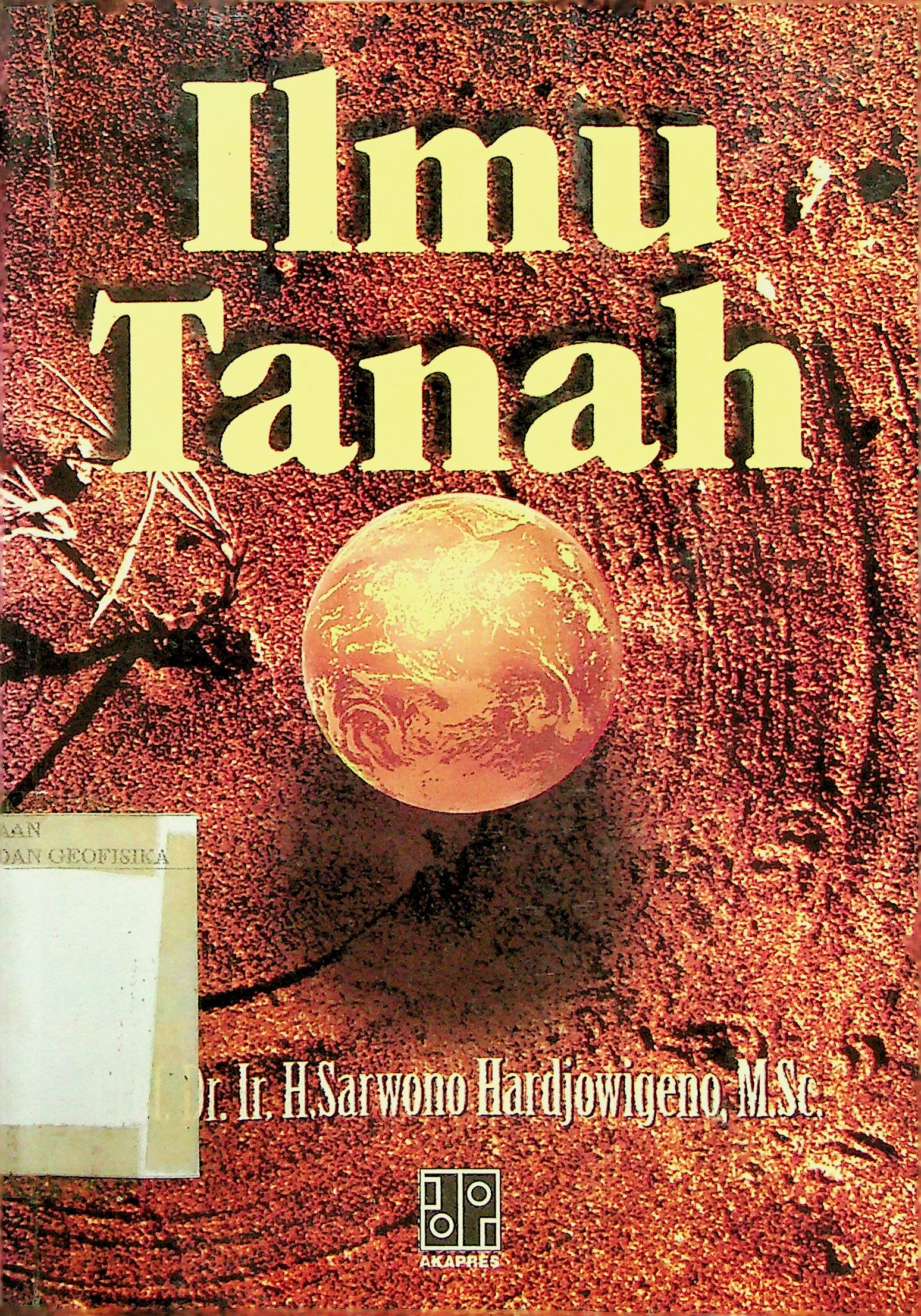Geomagnetism has always been at the forefront among the various branches of geophysics. At the end of the 16th century William Gilbert determined that the Earth is a big magnet, implying that it has a magnetic field; in the 1830s Carl Friedrich Gauss was able to formulate a procedure to measure the field completely and analyzed its characteristics with the spherical harmonic analysis, a method still used in the era of satellites and computers. Nevertheless, as recently as in the sixties, geophysics text books devoted only a thin chapter to geomagnetism, and limited their discussion mostly to prospecting methods, while many geologists’ curriculum practically left it out altogether. The essential contribution provided by the study of ocean floor magnetic anomalies and by paleomagnetism in the development of global tectonic models, made geomagnetism popular in the geological community, which nonetheless continued, and still continues, to view it as a highly specialist discipline.
5
The Earth’s Magnetism
Roberto Lanza • Antonio Meloni
Penerbit :
Springer
Tahun :
2006
Buku Text
-
No Scan313
-
No Klasifikasi538.4
-
ISBN978-3-540-27979-2
-
ISSN
-
No Registrasi010A/I/2008
-
Lokasi Terbit
-
Jumlah Hal67
-
Label538.4 Lan e
-
Versi DigitalTIDAK
-
Versi FisikTIDAK
-
Lokasi Rak Buku Fisik//
-
Jumlah Exemplar Fisik Tersedia-






